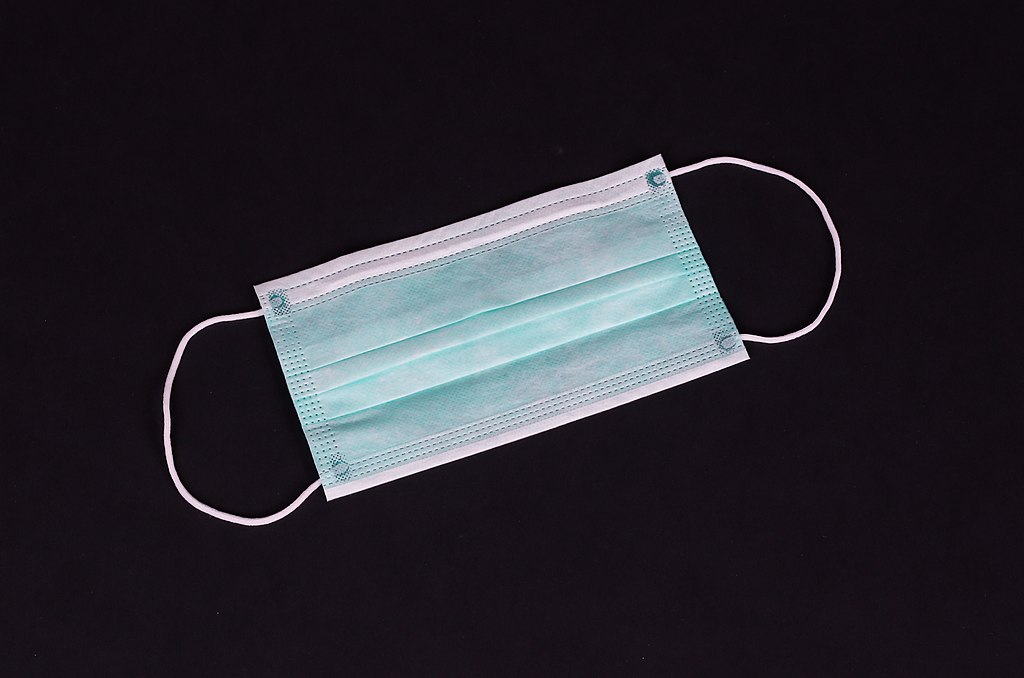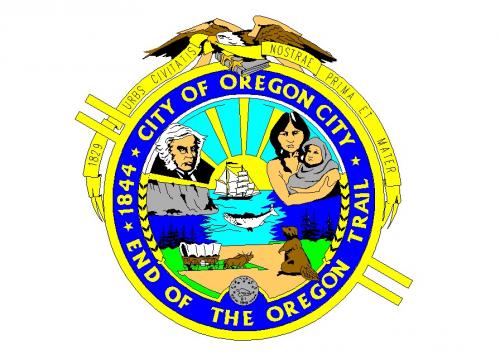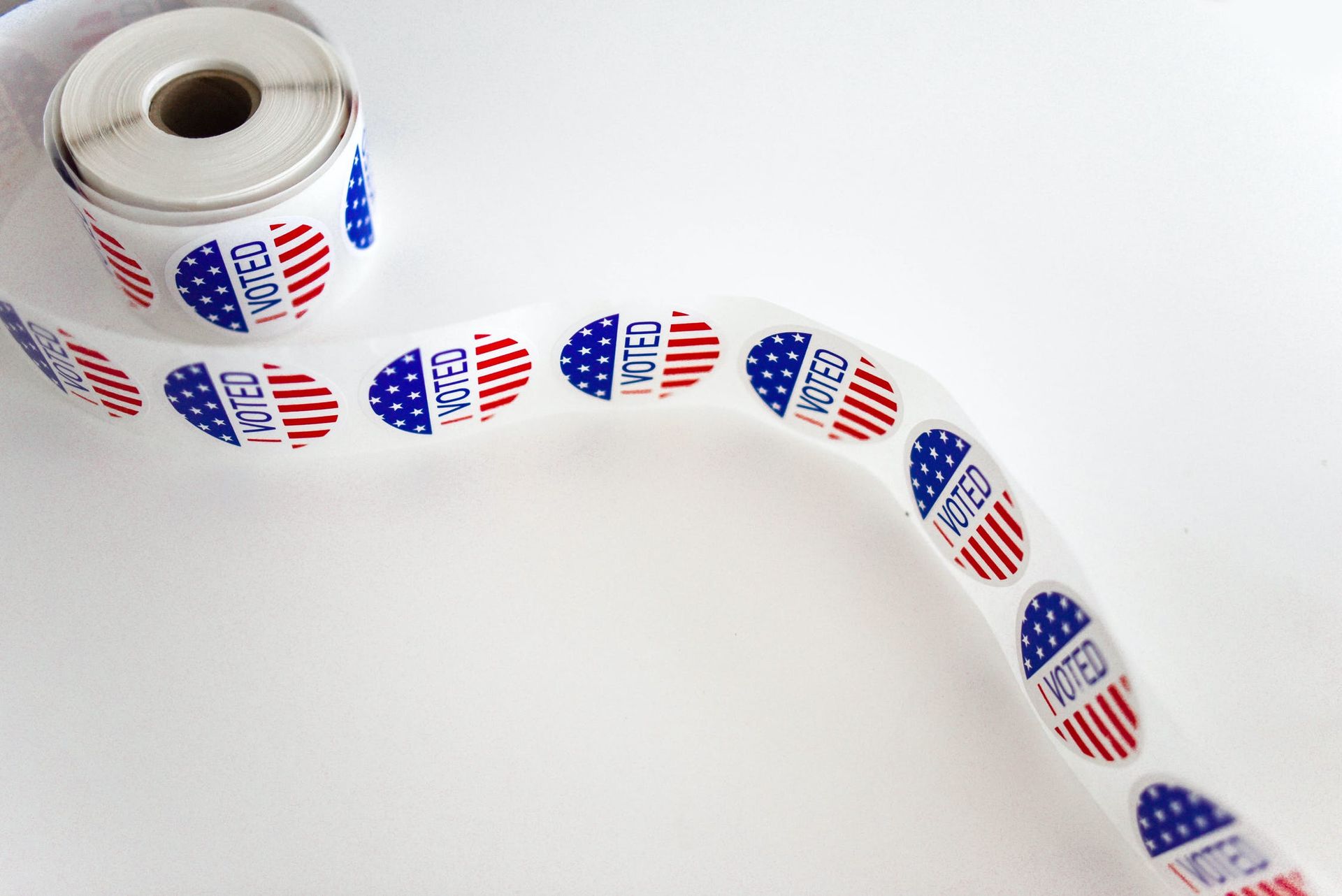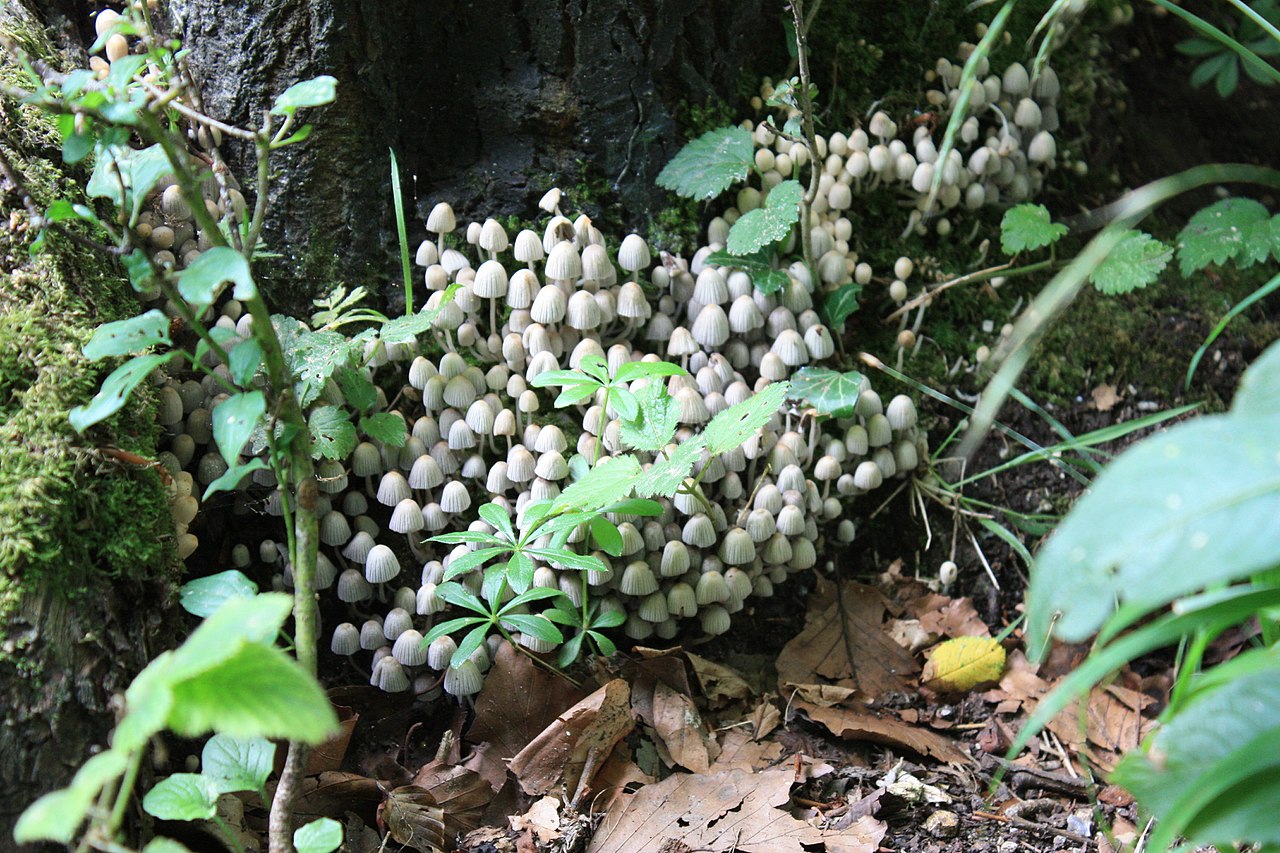Tag: d.c.
-
Indoor mask requirement reinstated in Nevada, several cities and D.C.

On July 27, the CDC updated its guidance to recommend that fully vaccinated and unvaccinated people wear masks indoors in locations with substantial or high coronavirus transmission. According to the CDC, 69.3% of counties in the United States were experiencing what CDC defines as high or substantial levels of transmission as of July 29. Since…
-
Oregon, Washington, D.C. to vote on ballot measures that address psilocybin, also known as magic mushrooms

In November, Oregon could be the first state to approve a ballot initiative, Measure 109, that legalizes psilocybin. Washington, D.C., is also voting on a measure related to psilocybin and other entheogenic plants and fungi. Currently, psilocybin, which is derived from certain species of fungi, is listed as a Schedule I controlled substance under the…
-
D.C. voters to decide ballot initiative to stop criminal psilocybin mushrooms and other entheogenic plants and fungi in November

On August 5, the D.C. Board of Elections certified Initiative 81 for the November 3 ballot. The ballot initiative would declare that police shall treat the non-commercial cultivation, distribution, possession, and use of entheogenic plants and fungi as among the lowest law enforcement priorities. The ballot initiative would define entheogenic plants and fungi as species…
-
Signatures filed for D.C. ballot initiative on psilocybin mushrooms and entheogenic plants and fungi

On July 6, 2020, the campaign Decriminalize Nature D.C. reported filing 36,249 signatures with the D.C. Board of Elections for a ballot initiative on entheogenic plants and fungi. In Washington, D.C., the number of signatures required for a ballot initiative is equal to 5 percent of the district’s registered voters. As of May 31, there…

